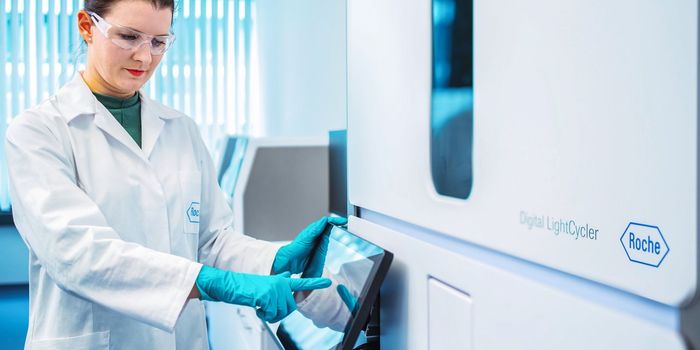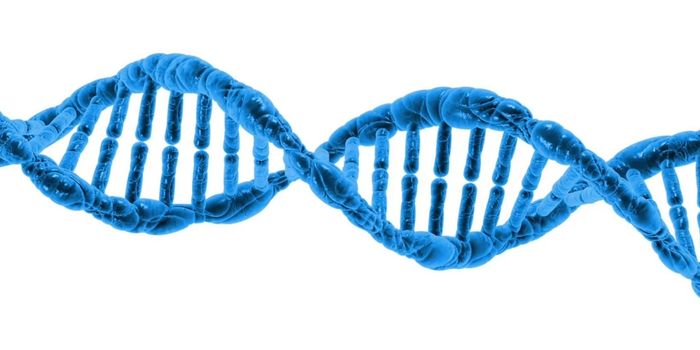Early in March 2016, Hopkins doctors transplanted organs from a deceased donor into two recipients. But what made this operation so unique was that both donor and recipients were HIV-positive. The procedure represented the first HIV-positive transplant in the United States since 1988, when a law made it illegal for HIV-positive people to donate their organs.
The deceased donor was an HIV-positive woman from Connecticut whose kidney and liver were given to two patients who also had HIV. According to reports, both recipients have been living with HIV for 25 and 30 years, each, and both had been on the organ waiting list for years. Hopkins doctors also reported that the transplants were successful with both recipients recovering well – the kidney recipient was recently discharged and the liver recipient is expected to go home soon too.
The procedure was considered a landmark one because it is the first successful execution since the HIV Organ Policy Equity (HOPE) Act was passed in February of 2013. Prior to this, organ sharing between HIV-positive individuals was not permitted.
"It occurred to us that there are thousands of patients with HIV in need of kidney transplants, liver transplants, who were waiting on waiting lists and suffered high risks of dying while waiting for these organs," said Dorry Segev, associate professor of surgery at the Johns Hopkins School of Medicine who helped draft the HOPE Act. "And at the same time, we were throwing away organs from donors infected with HIV just because they were infected with HIV. These were potentially perfectly good organs for these patients."
But even after the HOPE Act passed, it took 3 more years of research to develop the safety guidelines and special considerations for this type of transplant surgery. One guideline in place for HIV-positive transplants is that both donor and recipient have to have the same type of HIV strain. This is to prevent the donor from receiving a more aggressive HIV strain, and thereby compromising their health.
"We want to make sure," he says, "that we don't take people who have a relatively nonresistant form [of HIV] and then give them something from a donor who had pretty high-resistance patterns, thereby requiring them to make major changes to their regimen, and maybe even have an HIV that would be less easy to control."
HIV-positive patients still have the option to wait for non-HIV donor organs. However, opting for HIV-positive transplants could mean shorter wait times for HIV-positive patients as well as those without HIV. Segev approximates between 500-600 HIV-positive people could be suitable donors, whose organs then could save more than 1,000 people. That’s 1,000 more people whose lives could be saved with organ transplants between HIV-positive individuals. And because the pool of available donors increased, the wait time for organ transplants could be shortened, for both people with and without HIV.
Additional sources:
CNN,
NPR









